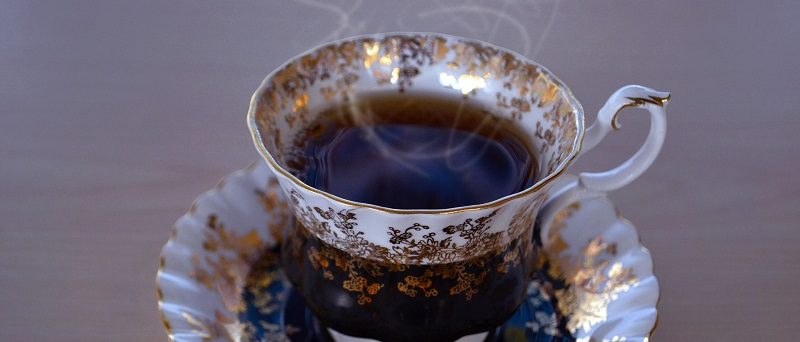There is lots of testimony to recommend that drinking tea can be a healthy practice. The tea carries components that may be helpful in the battle against heart disease, cancer, and various stress-related illnesses. In the Western World, green tea has become a big deal of attention in recent years. Despite this, black tea remains a popular beverage worldwide.

Content's List
An Intriguing Flavor:
To start with, the favor of black tea is heartier than that of other teas, especially green tea. Thus an individual who is interested in the fascinating taste can opt for black tea. The black tea manufactured in China appears in categories that are both sweet and spicy. Having said that, the beautiful creations and Black tea plantations in India, popularly called Darjeeling tea is absolutely lip-smacking and delicious. They may also include a chocolate flavor or also one reminiscent of orchids.
Differences in Processing:
There are various types of tea – Black, green, and oolong teas, though these teas differ in taste, color, aroma, the fact remains the same that all these are grown from the same shrub – Camellia Sinensis. Also, the processing of these teas is the main point of difference between them. The popular black Assam tea from India goes through quite a few rounds of processing and oxidising thus giving them a deep, musky flavour that tea connoisseurs enjoy so much! Oolong tea is partially fermented, whereas black tea is fully fermented. Meanwhile, herbal tea is not produced by the Camellia Sinensis plant, but it is produced from the flowers, leaves, bark, and seeds of other plants.
Well, all teas may have remedial benefits—but Which is the healthiest for you? Is black tea as Healthy for You as Green Tea?
In this world full of the popularity of green tea and its health benefits, you might wonder or question – Can black tea have similar healing effects? The answer to this question is a certain Yes!
Green tea indeed contains a dynamic anti-oxidant named epigallocatechin gallate or EGCG. In black tea, because of fermentation, EGCg is changed into other compounds. Thus, initially, black tea was not considered as rich in health benefits as green tea by scientists.
But recent studies have changed the scenario. Theaflavin and Thearubigins are the basic compounds present in black tea, that are not there just to make black tea look dark, rich, and flavorful.
Taking a Closer Look
To begin with, an extensive study conducted by the Netherlands National Institute of Public Health and the Environment discovered a connection between black tea consumption and reducing the risk of stroke. This study of 15 years over 550 men found that the flavonoids present in black tea cut the production of LDL (low-density lipoprotein ) also known as bad cholesterol. This bad cholesterol may lead to strokes or heart attacks. Those who consumed more than four cups of black tea per day had found a low risk of strokes than those who consumed drank not more than three cups per day.
Similarly, one more study conducted at Boston’s School of Medicine found that consuming black tea can reverse the abnormal functioning of the blood vessels that lead to stroke or heart attack. This change took place within just two hours of drinking a single cup of black tea.
Additionally, research of more than 3,000 adults in Saudi Arabia showed that consuming black tea can cut the risk of coronary heart disease by 50 percent. In the Arab nation, black tea tends to be preferred over green tea.
All the tea that are derived from the Camellia Sinensis shrub bear a huge dosage of polyphenols, which are a kind of antioxidant. Both green tea and black tea have ten times more amount of polyphenols than that contained in fruits and vegetables.
If you observe the people of the countries of Japan and China, you’ll immediately find that tea drinkers tend to be better than non-tea drinkers. According to researchers, Japanese and Chinese tea drinkers have less of an occurrence of heart disease. Also, they do not have the kind of cancers that several Westerners have to battle daily.
However, it is important to note that further research requires to be done to thoroughly explore the advantages of black tea consumption.
Jane Higden of the Linus Pauling Institute stated in a published report that, “Although numerous observational studies have examined the relationships between tea consumption and the risks of cardiovascular disease and cancer, there is no absolute evidence that high intakes of tea are shielding humans.”
Summing up all together
Not all teas are indeed created equal. But, it depends on your personal preference whether you choose black tea or green tea as your beverage. If you like a full-bodied tea that tends toward the exotic, you may need to add black tea to your weekly shopping list. Thankfully, the study shows that black tea may be just as suitable for the health-conscious as green tea is. As a result, you can satisfy in black tea, recognizing that it may be just as effective in battling sickness as green tea is.

